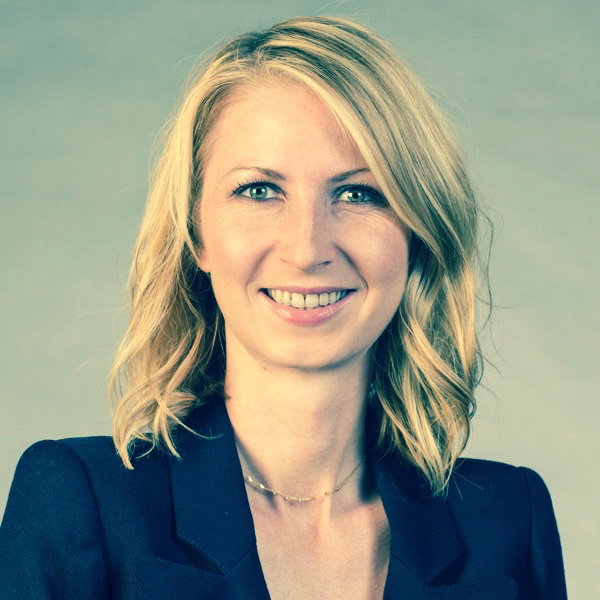Cindy Koning: Digging into business challenges
Suzette Chan - 16 April 2020
Cindy Koning always had a curiosity and interest in science. When she became interested in business, she found that her University of Alberta Geophysics degree gave her a solid foundation for approaching problems with a scientific mind. Koning is now the manager of a technology team that scouts for technologies and innovations. She says geophysicists are trained to see the big picture and to delve into the details of problems, a perfect combination for solving the problems of the future.

Cindy Koning says geophysics helped her develop the skills to think like a scientist to understand problems and to develop practical solutions to them. (Photo supplied.)
Can you tell us what made you choose Geophysics and about your education and your professional career?
I always had a curiosity for how the natural and physical world works. Geophysics seemed to hit on the sweet spot with a blend of geology, physics and math. I had a small rock collection as a kid and enjoyed looking at the mountains on my family’s summer excursions during our drives from Alberta to British Columbia. Also, I had always really enjoyed my math and science classes, so the Geophysics program seemed to be a great fit. The other aspect that appealed to me was that I knew I would become a geophysicist. There was something reassuring to focus my studies in an area, know that I would be employable with my newfound skills and actually be able to put into practice what I had learned!
I started my career at a major energy company as a Seismic Processing Geophysicist and then moved into Seismic Interpretation. I really enjoyed the technical nature of the work and the teams that I was a part of, but I felt a desire to understand more about the bigger picture of business and how the business world works. I subsequently moved into more project management related roles and then into business leadership positions. Since I am a big picture thinker, I wanted to understand more about how the business world works, so I decided to study a Masters of Business Administration. I did this through the dual degree program at Queen’s Smith School of Business and Cornell Johnson College of Business. A couple of years later, I have two MBA degrees proudly hanging on my office wall. I now have a solid understanding of how the geological, physical and business worlds work.
Can you tell us about your current job?
Currently, I am the manager of a technology team that is tasked with scouting for technologies and innovations from the energy sector and other industries that we can adapt, de-risk and deploy to solve the business challenges our shales business within the energy sector faces in Canada, the US and Argentina.
Do you employ any skills, knowledge, or methods from your time in the geophysics program to your work now?
The geophysics program helped teach me the fundamentals about how to think with a scientific mind. It helped me to develop skills so I can think like a scientist to really understand the root of a problem, develop hypotheses to test, and in a very practical way develop solutions to those problems. I believe that Geophysicists are a special breed of people – with a big picture, yet technical and logical minds, who can dig into the minutiae and yet take a step back (way back) to see the bigger problems and challenges at hand. These fundamental skills are still applied today in my role. Also, more specifically, the solid subsurface understanding that I have, which I started learning during my Geophysics degree, and built on in the early part of my career, is the foundation that I have built my career around. Layering on the business skills I have acquired during my MBA degrees has enabled me to solve business challenges we face in the energy sector while adding value.
What part of your current job do you like?
There’s lots I enjoy about my current role! Firstly, my team. People are core to delivering anything. Ever. I work with a great group of passionate and creative people who innovate in new ways every day. Also, the breadth of the remit of my team allows us to explore for technology solutions that will add value and can help positively impact safety, improve cash generation, and improve the way we work to deliver our business. It’s sort of the trifecta of opportunity all rolled into one job – and people who know me know that I am passionate about safety, adding value, and simplifying the way work gets done. It’s great to have the opportunity to impact so much!
What advice would you give to undergraduate and graduate students studying Geophysics?
My advice for undergraduate and graduate students studying Geophysics is to be nimble and follow your passions and curiosities. Technology advancements in Machine Learning, Artificial Intelligence, Augmented Reality, and Big Data are really changing the game on what can be done and what will be done in the future. There will always be a need for people to help problem solve and dig into the challenges facing businesses. Being nimble and adaptable to how that happens will be core to a fulfilling career going forward.
This profile is part of our Geophysics Careers series.